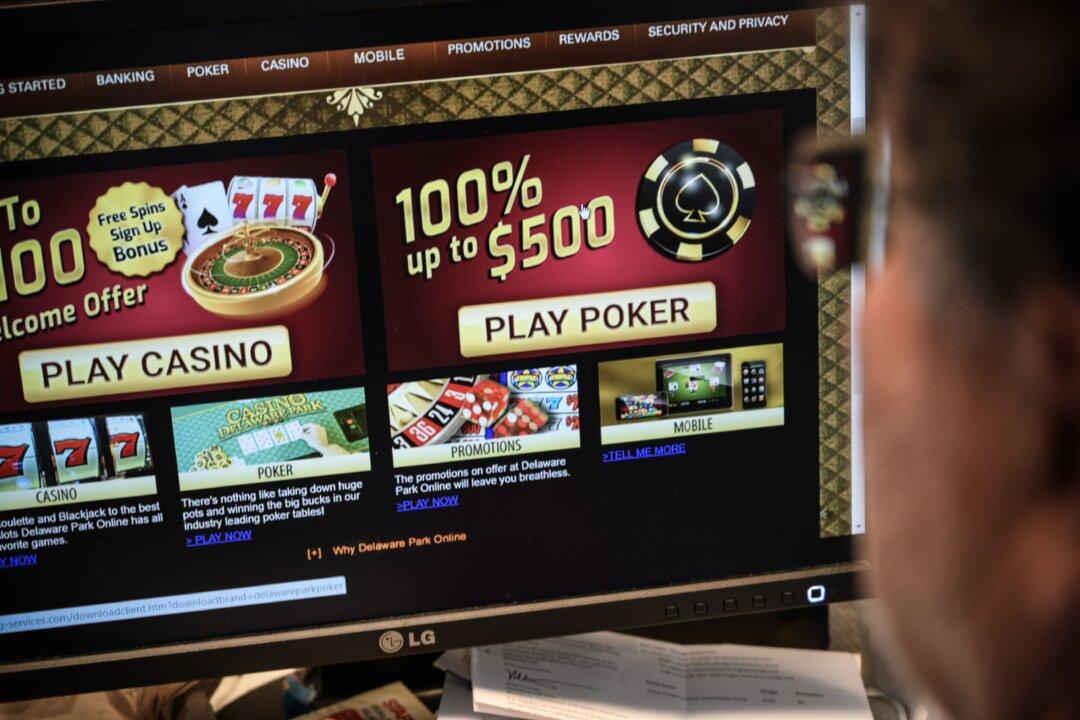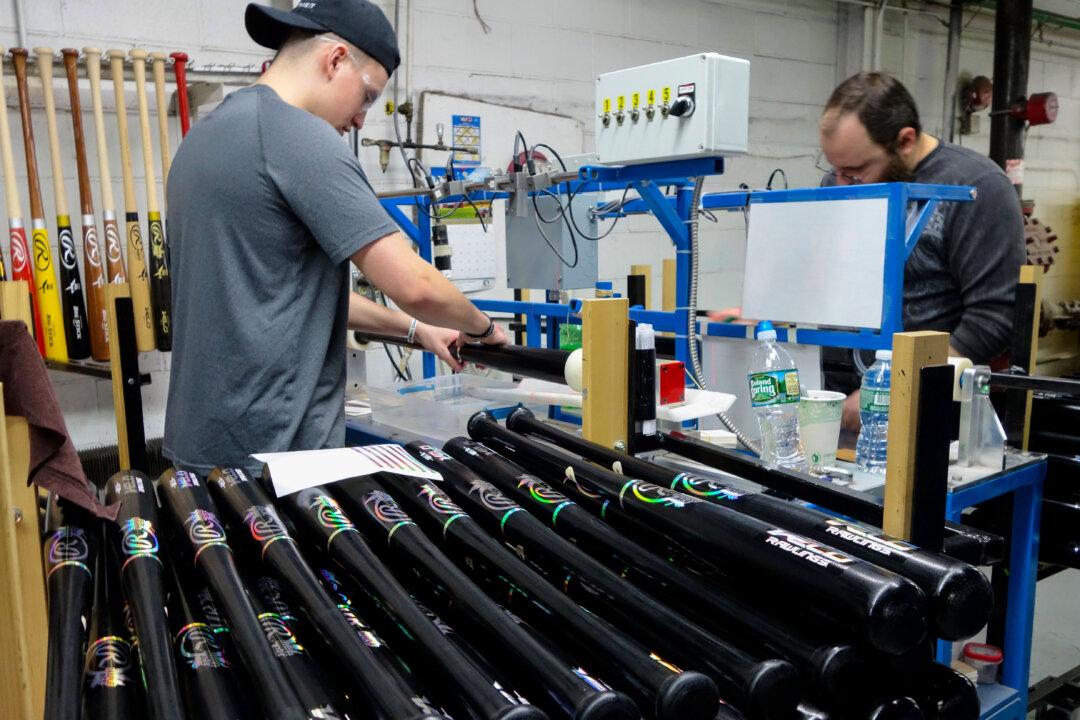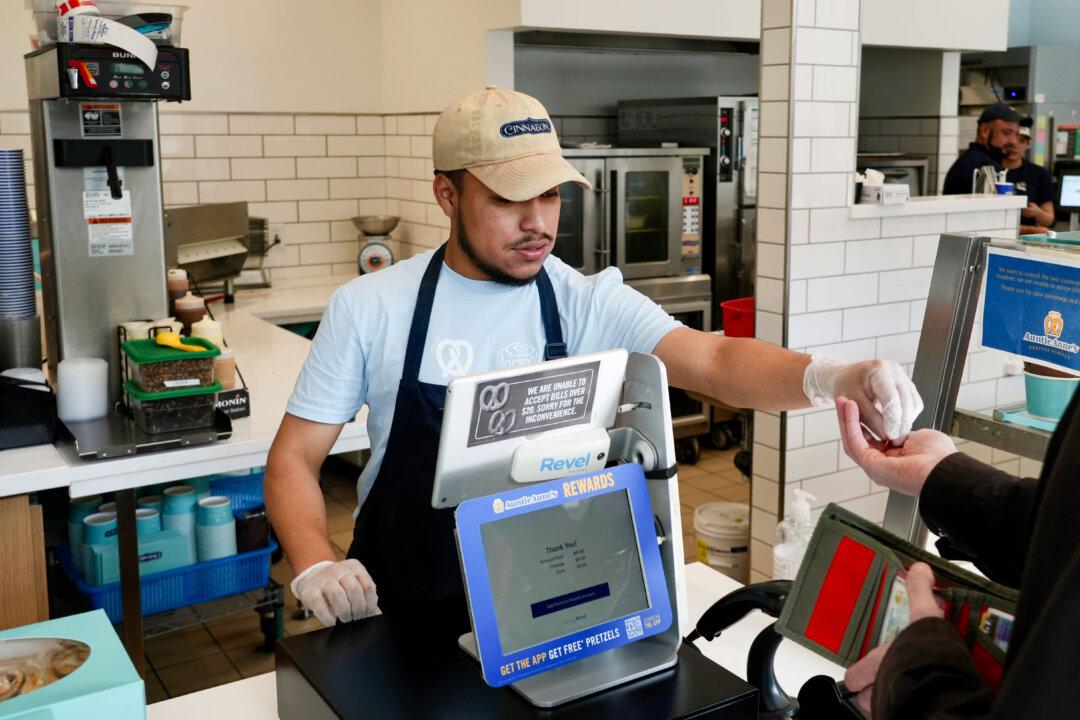When one of the largest international gambling addiction non-profits announced the largest donation in the organization’s history, it was praised as a welcome signal that problem gambling has become a high-priority issue. However, the $1.05 million donation to the International Center for Responsible Gaming (ICRG) has brought global concern because of the donor—Bally’s Corporation.
Bally’s is a global casino-entertainment company with a rapidly increasing presence in online sports betting and iGaming offerings and, according to its regulatory filings, expects to make up to $2.6 billion by the end of 2023. While the ICRG has lauded this donation, some are concerned about its influence on the organization’s stated goal of providing individuals with high-quality gambling addiction care.
“The gambling industry is not the appropriate vehicle to be spreading awareness on how to address and minimize gambling addiction,” said Brianne Doura-Schawohl, a problem-gambling expert who owns a Washington lobbying organization working for solutions.
“The ICRG has been around a long time and I have worked with them for 10 years. But there has been an exorbitant amount of criticism of the validity and the value that comes from them,” she told The Epoch Times.
In a press release announcing Bally’s donation, the ICRG said the money would go to two significant research grants aimed at enhancing responsible gambling strategies and gaining a deeper understanding of the health challenges faced by young adult gamblers. A total of $402,500 would go to the Center of Excellence in Gambling Research at the University of Sydney, Australia, and $172,500 to the University of Washington for Research on Young Adult Sports Wagering.
Art Paikowsky, who became President of the ICRG in 2021, told The Epoch Times he is appreciative of donations from gambling companies, saying they show “a growing awareness of the fact that some people have been harmed by gambling. They’re starting to say ‘we own a responsibility to support organizations whose intention is to help people.’”
When asked about Bally’s intentions in donating more than a million dollars to the organization, Mr. Paikowsky said, “I can’t answer that.”
Bally’s has given smaller donations to the ICRG in the past, joined by major gambling company funders that include MGM Resorts International, Caesars Foundation, Sands Inc., Wynn Resorts, Boyd Gaming Corporation, DraftKings, FanDuel, poker machine company IGT, and several other entities. Its board of directors comprises several executives representing U.S.-based casino resorts.
According to Mr. Paikowsky, the ICRG has two distinct boards—one for the non-profit organization and another for research. “There’s no integration between our board and the scientific board. Whatever our results are, the information is unimpeachable. There is no collusion in any sense. If there were, we’d be out of business. But this firewall approach has enabled us to protect the integrity of the research.”
Ms. Doura-Schawohl, however, believes that having gambling interests anywhere on the ICRG’s board is problematic. “We need to have more problem gambling research funded and accessible that isn’t driven by the industry. I appreciate the fact they have two separate boards. But it does beg the question, “Why is the industry in the leadership?”
The donation has yet to be well received by some in Australia who see the University of Sydney’s target research as troublesome. According to a report by The Guardian, some public health experts have criticized the University for accepting money from gambling interests but add that researchers and the university believe the partnership will produce more helpful research that limits consumer harm.
According to University of Sydney Professor Sally Gaisbury, the gambling companies would not be allowed to “constrain or edit the research in any way.”
Associate Professor Sean Cowlishaw, a public health expert at the Turner Institute for Brain and Mental Health at Monash University in Australia, told The Guardian that the funding arrangement was “clearly opposed” to a recent parliamentary committee’s recommendations.
“It’s troubling in part because it normalizes the relationship with research institutions and the gambling industry. It’s quite unprecedented for such a prestigious academic institution in Australia to formalize this sort of funding relationship with gambling industry groups and to frame this as some form of center for excellence.”
Mr. Paikowski said that the donations from gambling companies should not be viewed as a negative but one of awareness.
“The CEOs of the biggest gaming companies understand that problem gambling is not good for their business. I think there’s been an evolution of thinking in the right direction in the industry. We raised $2.7 million last year and $3.5 million this year. That’s a statement. Writing a check is one way to do this.”





